An automated, prerecorded phone call that goes straight to voicemail may be slightly less annoying than a robocall that causes your phone to ring, but is it any less of a robocall? The Republican National Committee and the lobbyists at the U.S. Chamber of Commerce think these “ringless” robocalls are just fine, and have asked the FCC to allow telemarketers to use them. [More]
privacy

RNC, Chamber Of Commerce Say A Robocall Isn’t A Robocall If It Goes Straight To Voicemail
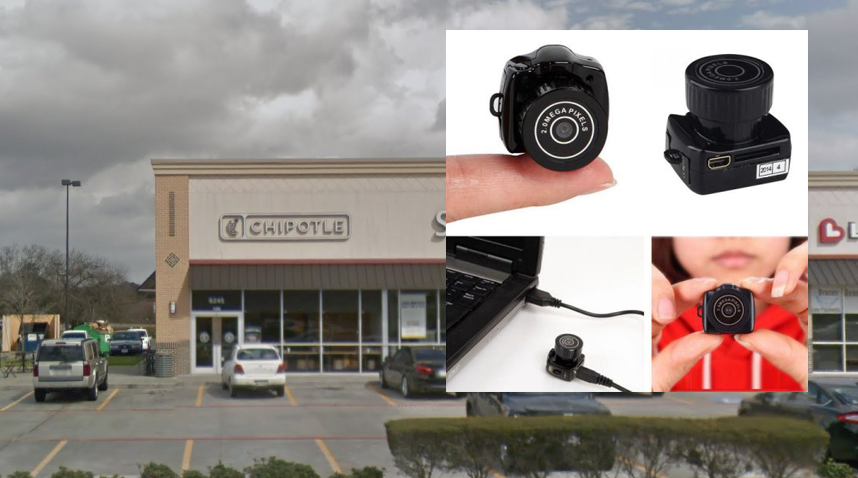
Customer Accuses Chipotle Of Covering Up For Manager Who Put Spy Cam In Bathroom
A woman in Texas claims that not only did a manager at her local Chipotle repeatedly install spy cameras in the restaurant’s female restroom, but that the restaurant and its corporate office covered up the peeping; a charge the Chipotle HQ denies. [More]

Bank Sends Tax Forms, Personal Information To Wrong Customers
Tax forms mailed out by your bank contain all sorts of information you probably don’t want to land in the hands of a random stranger: Name, address, partial Social Security number, account number, and more. Yet, one large bank screwed up and sent this sensitive information to the wrong customers. [More]
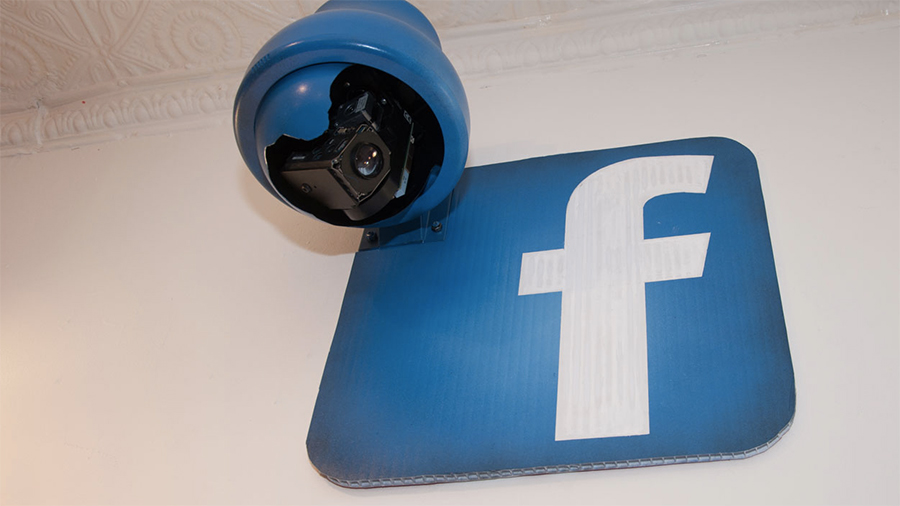
Facebook Reportedly Let Advertisers Target Teens Who Feel “Worthless”
Advertising in general often works by making you, the consumer, feel deficient in some way. Your laundry isn’t clean enough; buy our detergent instead. Your body isn’t thin enough; try our gym instead. Your dog isn’t organic enough; buy this food instead. But getting super granular and hitting teenagers — kids — specifically when they’re down is something else. [More]

New Home Depot Data Leak Exposes Gap In Consumer Privacy Protection
Recently, Consumerist received an anonymous tip pointing to an internet address that hosted digital images of bathtubs, garage doors, kitchen countertops, contractors at work on various projects, and customers picking out and paying for products in a home-center store. The site also hosted 13 Excel spreadsheets of customer records, including the full names, phone numbers, mailing addresses and email addresses of approximately 8,000 people, as well as other information chronicling the apparent installation complaints of each customer. [More]

Inventor Of World Wide Web: Gutting Net Neutrality Would Lets ISPs “Pick Winners And Losers”
Earlier today, FCC Chair Ajit Pai revealed his plan to scuttle existing regulations for internet service providers and replace them with promises from the industry that they won’t do anything bad. It is all in the name of innovation, declared Pai, but the innovator who created the World Wide Web and the very first website, is calling the Chairman out. [More]

Uber Reportedly Tracked iPhones Even After The App Was Deleted, Bought Lyft Receipts
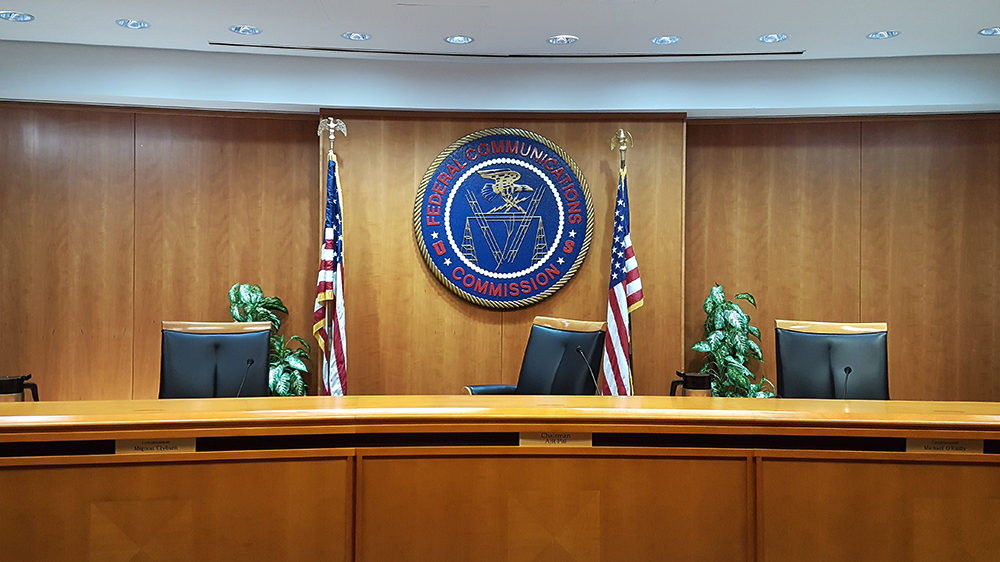
In One Day FCC Voted To Both Streamline Competition And Disregard Competition
It was a busy, if confusing, morning for the FCC. The Commission held its monthly open meeting, where it considered more than a half-dozen items, resulting in everything from harmoniously unanimous votes to contentious disputes among the three sitting members. Oh yeah, and Chairman Ajit Pai also got “rickrolled” in person. [More]
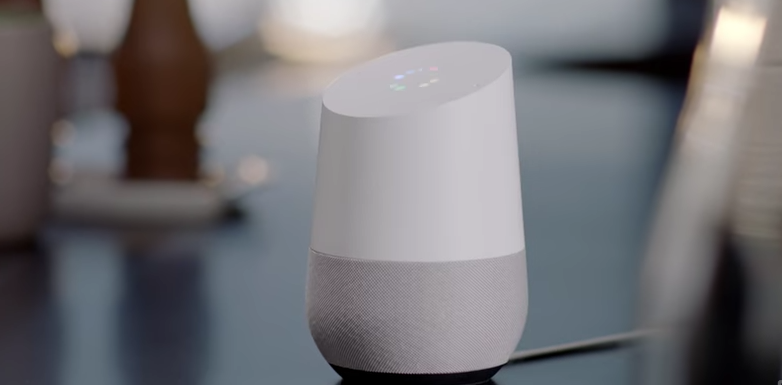
Google Home Now Recognizes Specific Users’ Voices, Allows For Multiple Accounts
In a move to differentiate its Google Home voice-activated assistant from competitors like Apple’s Siri, Amazon’s Alexa, or Microsoft’s Clippy (yes, we know it’s Cortana, but we prefer Clippy), Google has tweaked its Google Home assistant to allow for multiple users, each of whom can supposedly be uniquely identified by their voice. [More]
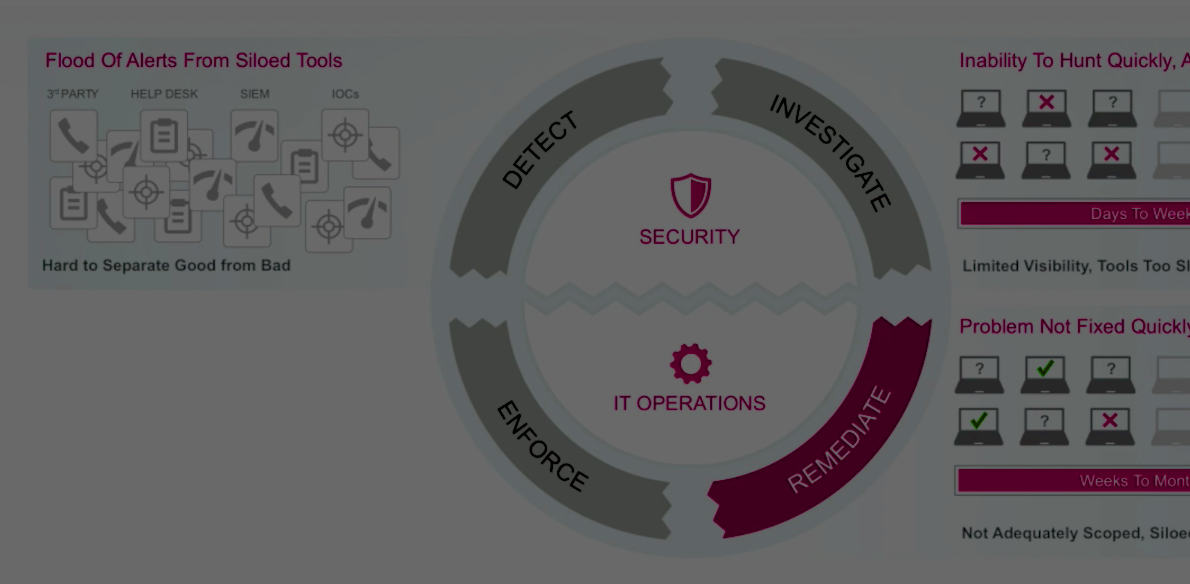
Cybersecurity Startup Used Unauthorized Hospital Data To Sell Others On Its Services
Companies that provide back-end online services often use live demonstrations to woo new clients or entice investors, but they often either run a simulation using dummy information or have permission to use an existing client’s operations. That apparently wasn’t the case for one multibillion-dollar cybersecurity startup, who reportedly spent years showing off unauthorized peeks into the network of one of their healthcare clients. [More]

Customer Says Bose Wireless Headphones Are Tracking What You Listen To & Sharing That Info Without Permission
Listening to music on headphones is supposed to be a very private experience; just you and your tunes, minding your own business. Yet a new lawsuit claims that Bose is improperly collecting and sharing information about users of certain wireless headsets. [More]

Killing Privacy Is Fine Because “Nobody’s Got To Use The Internet,” House Rep Says
From a distance, it can often be easy to criticize Congress as being out of touch, no matter what members are actually doing or what policies they’re proposing. But every once in a while, you get a response so staggeringly clueless you wonder if a lawmaker is living on the same planet you are. [More]

Your Kids’ School-Owned Devices Are Spying On Them, Report Finds
As adults, we all kind of have at least a vague peripheral sense that the devices and software we use are probably up to some kind of shenanigans with our personal data. Kids, however, are probably not thinking as closely about what they tell the devices they use, and what data those devices then share — especially if they’re school-owned tools. And yet, a new report finds, some of the learning technology schoolchildren are required to use every day are some of the worst when it comes to explaining and protecting users’ privacy. [More]

Customer Sues Charter For Selling Their Data Without Consent
It may become one of the defining questions of our age: Does your personal data become someone else’s asset as soon as you go online? One Charter customer says that he has a right to determine how his data is used, and that the cable/internet company failed to get his permission or disclose that it would be using this information for its own gain. [More]
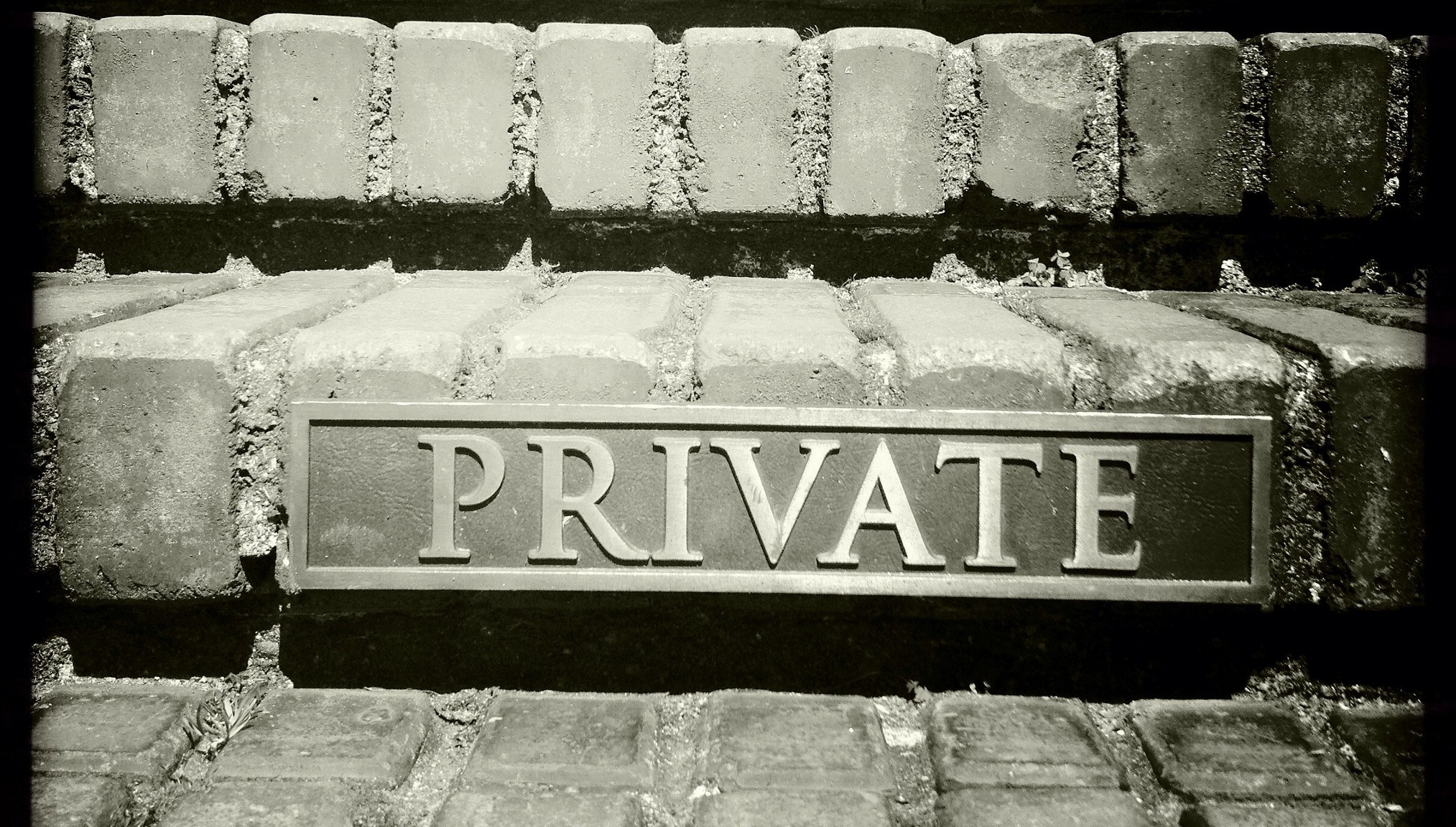
The Internet Privacy Rule Is Dead, But Could Anyone Bring It Back?
The laws, rules, and regulations governing our world aren’t etched into mountains; they can be changed. That’s how we got new rules intended to protect our private information from being used and abused by internet service providers, and how we lost those very same rules just a few short months later. Could the pendulum swing back and restore these privacy guidelines? Not likely. [More]

Twitter Says Trump Administration Has Dropped Demand For User’s Identity
Twitter has dismissed its lawsuit against the Department of Homeland Security, saying that the Trump Administration has rescinded its demand that the social media service turn over information about the real identity of a Twitter user who claims to be a federal employee. [More]
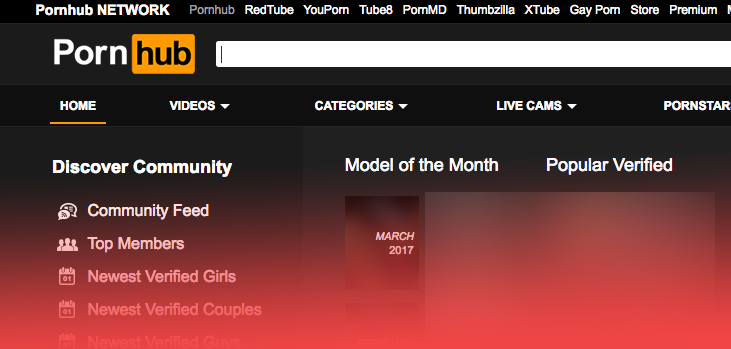
Court Orders Pornhub To Identify Potentially Thousands Of Users
Just like any other copyright holder, porn studios can — and do — exercise their rights under the Digital Millennium Copyright Act to force X-rated “tube” sites (think YouTube, but with more genitals) to take down infringing videos. One company has apparently gotten tired of this game of Whac-A-Mole and gotten a court order that could lead to legal threats against thousands of people who uploaded videos to one popular tube site. [More]


